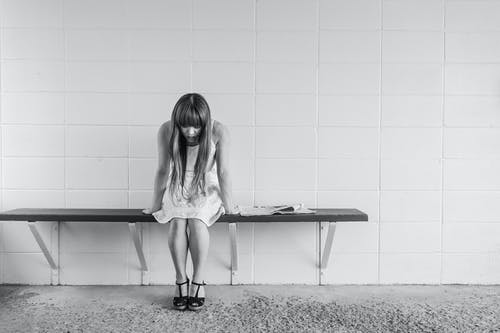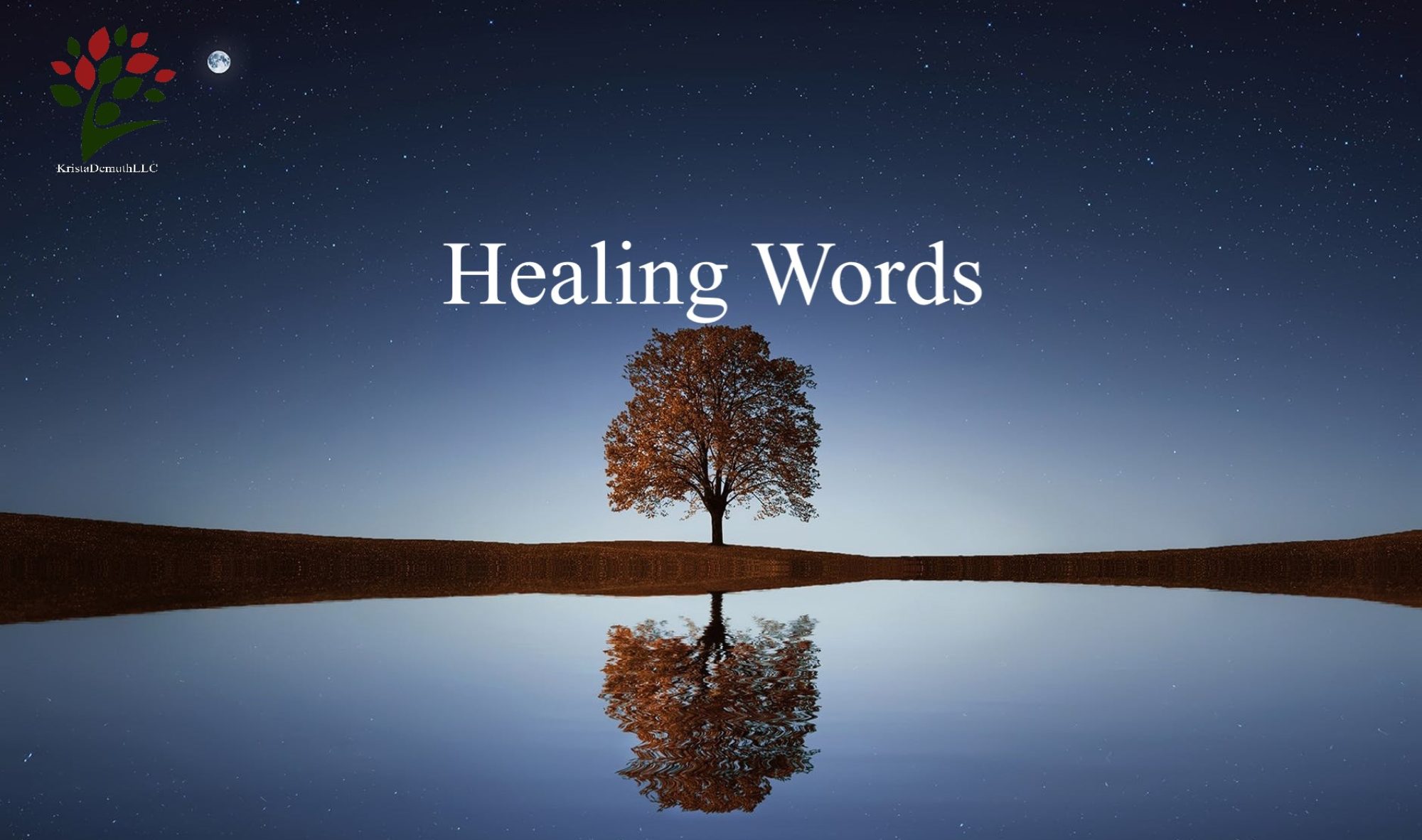
As a counselor that sees children, I am noticing an alarming trend as students are heading back to school. After six months being away from peers, girls and young women are suddenly thrust back into the classroom. With this comes pressure to look like their peers. To look like society says women should look: namely thin. Thin equals hot which equals desirable and worthy. The problem is our society glamourizes unrealistic and unhealthy bodies. Society also teaches our girls that their worth is wrapped up reaching this unrealistic body image. If you can’t reach it, well then, you’re worthless. See the problem? See how this can negatively affect self-esteem?

Self-Esteem versus Body-Image
In order to understand how negative self-image can impact mental health, we need to know the different between self-image and self-esteem.
Self-esteem should not be based on how a person looks. Self-esteem is how you think and value yourself as a human being. It is those internal characteristics about you that can celebrate. It’s how you talk to yourself. (“I am enough. I am strong. I am smart.”) How you think about yourself. If you have healthy self-esteem, you’re more likely to take care of your whole self. Self-esteem is not just about your body, but encompasses who you are physically, mentally, emotionally, and spiritually. Good self-esteem lets you know that you are “good enough” even when you’re struggling with challenges.
Body- image is how we view our bodies. This encompasses how you think about your body (“My body is awesome” or “My body is fat) and also how you feel when you look in the mirror (“I am great” or “I am horrible”). Having a healthy body image means you accept your body for what it is. You are not trying to fit into a certain mold or look a certain way. It’s resisting the urge to try and meet the way the media or society says you should look.

So what happens if you are caught up in the pressures of looking the way society says you should look? The real problem, and the problem I have encountered recently, is the negative impact that body-image has on self-esteem. If you don’t feel good about your body, if you are comparing yourself to others, it’s really hard to think well about yourself. If you have negative thoughts about yourself, your self-esteem lowers, and your rate of depression and/or anxiety may increase. Think about it: if a healthy, normal teenager looks at these unrealistic body images that are promoted by media, that girl may start to think “My legs are too fat. My face is too round. My breasts are too small.” This in turn may lead to such thoughts as “I’m not pretty. No one wants me. I’m worthless.” If you don’t value yourself, it’s hard to see positive things about yourself.

How Can You Help
If you are a parent reading this, there is hope. You can help your child foster a healthy body image, and healthy self-esteem. We want to raise healthy, happy women. Women who are confident in who they are, accept their bodies, and are mentally and emotionally well.

Here are a few tips:
Model Healthy Body Image–Make sure you are watching what you say about your own body. If you struggle with body image, your daughter will pick up on this. For example, if you have a brownie and then complain about the calories you just ate, while degrading your body, you are sending the message to your daughter that her value is based on how she looks. Be mindful of how you talk about your own body. If you find yourself feeling anxious about your own body image, seek professional help.

Make time for healthy, well-balanced meals. Let your daughter see that you value nourishing your own body. Food is nourishment. It helps our bodies function properly. Demonstrating this to your daughter will be immensely helpful. Make time for meals with your family. The focus of these meals should be about quality time together.
Empathize–If you have a daughter, chances are high you are going to hear them make negative comments about their bodies, or make comments comparing their looks to their peers. It’s fine to empathize with them. For example, your daughter says “I hate my face. It’s too round.” You can say something like “I use to feel like that too.” Or “I use to struggle with that too.” Make sure you follow up with a statement that shows your child you understand, but that their body is not the be all and end all. Let them know that you overcame that struggle, and that their worth is based on so many things besides their body.
Monitor Media –Media is full of women being sexualized. It portrays women as valued only for their looks. By no means am I advocating only allowing your child to watch “kid friendly” things. What I am suggesting is that you pay attention to what they are watching. If you notice shows sexualizing women, point it out. Let your child know that you find it sad that the character is being sexualized. For example, if you see a show where a female character’s body is being glorified you can say “wow, it’s that sad that they are only seeing her body and not how kind she is to her friends” or something to that effect.

Similarly, it’s important to remind your daughter that what is shared on social media is not generally reality. Make sure your daughter understands that pictures and videos are often edited prior to being published on social media. And, if your daughter is on social media, encourage her to follow body positive influencers. These women are taking a stand against the sexualization of girls and women. They are empowering girls and women to embrace a healthy view of the female body.
Foster Resilience–the reality is life is not perfect. We all run into situations that challenge us. Many young girls and teenagers are going to face challenges with their peers and how they feel about their bodies. This is to be expected. You can help your daughter create a healthy mindset by fostering resilience. When the tough times happen let your daughter know she is capable to deal with them. Empathize with the difficulty of the situation. Let her know you understand how sucky the situation is. Then remind her that she’s strong, intelligent, and capable of overcoming the challenges.

Encourage exercise--When we exercise, we are helping our bodies become healthier and capable of amazing things. Send the message that exercise is not about weight loss or looking the way society thinks girls should look. Rather the message should be that exercise helps build bodies that can run a mile, lift heavy objects, go for a long hike, etc. When parents send a healthy message about exercise, girls can see that they can celebrate their bodies for what their bodies can do, not for how their bodies look. So, set up time for fun, engaging exercises that your daughter enjoys doing. This may mean shopping around a little bit until you find the activity she likes. Be patient as she finds the type of exercise she likes. Remember, it’s about moving her body so it doesn’t necessarily need to be an organized sport.
Seek Professional Help--Counselors are well equipped to help young ladies improve body-image and self-esteem. If your daughter is struggling, please consider enlisting the help of a professional. If you are struggling with body image and are concerned your daughter is picking up on this, please reach out to a professional. Unfortunately, this is a very common issue in our society. You are not alone. There are many professionals available to help you create a healthy relationship with yourself.
Promoting healthy body image helps your daughter feel healthy with who they are as a person, not just how they look. We know that girls today are exposed to constant messages from media, peers, and advertising that pressure girls to attain unrealistic body images. This pressure causes many girls to dislike their bodies. Poor body image can lead to negative beliefs about self. This negative thinking can decrease self-esteem and increase depression and anxiety. When we foster healthy body image in young ladies, we can help our daughters be mentally and physically well.

I’d love to hear your thoughts on this. Have you struggled with body image? How did you overcome it? Are you currently struggling with body image and low self-esteem?
To Help, Hope and Healing
Krista
References:
Canadian Mental Health Association. (2019) Body Image, Self-esteem, and Mental Health. Retrieved from: https://www.heretohelp.bc.ca/infosheet/body-image-self-esteem-and-mental-health

Hello. This is a great blog. I’ve struggled with body image stuff for years and glad to know I’m not alone.